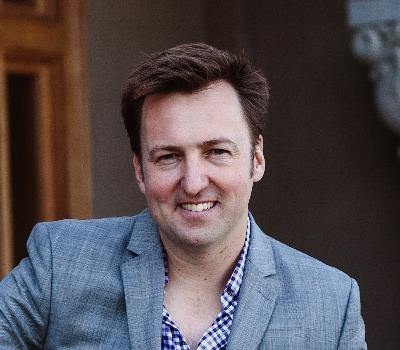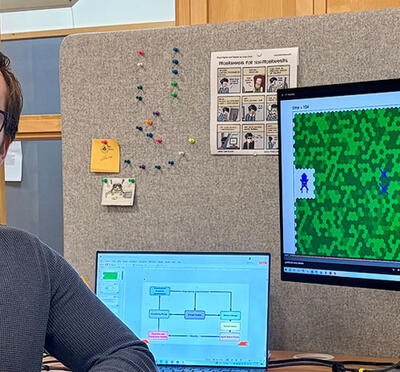
Matthew Campbell
408 Rogers Hall
Corvallis, OR 97331
United States
Dr. Matt Campbell is a mechanical engineering professor with research focusing on automating difficult or tedious engineering design tasks. For nearly 20 years, he has focused on methods that independently create solutions for typical mechanical engineering design problems like gear trains, sheet metal, planar mechanisms, and planning for manufacturing, assembly and disassembly. As such he has become a world-class expert in a variety of fields such as machine design, design theory, artificial intelligence, graph theory and numerical optimization. Prior to his current position within the School of Mechanical, Industrial, and Manufacturing Engineering at Oregon State University, he was a William J. Murray Fellow at the Cockrell School of Engineering at The University of Texas at Austin, a Hans Fischer Senior Fellow at the Technical University of Munich, and a 2005 NSF CAREER awardee. He has over a hundred published articles and has been acknowledged with best paper awards at conferences by the ASME, ASEE, and the Design Society. He received his PhD from Carnegie Mellon University in 2000 with honors and membership in Phi Kappa Phi and Pi Tau Sigma.
Background
- At Oregon State since 2013
- Associate Professor, Mechanical Engineering, University of Texas Austin 2000-2013
- Hans Fischer Senior Faculty Fellow, Technical University of Munich, 2010-2012
Research Interests
Matt Campbell’s research focuses on automating difficult or tedious engineering design tasks through a combination of numerical optimization, computational geometry, and artificial intelligence. Recent efforts include automated synthesis of gear trains and planar mechanisms, as well as automated process planning for subtractive machining and assembly and disassembly.
